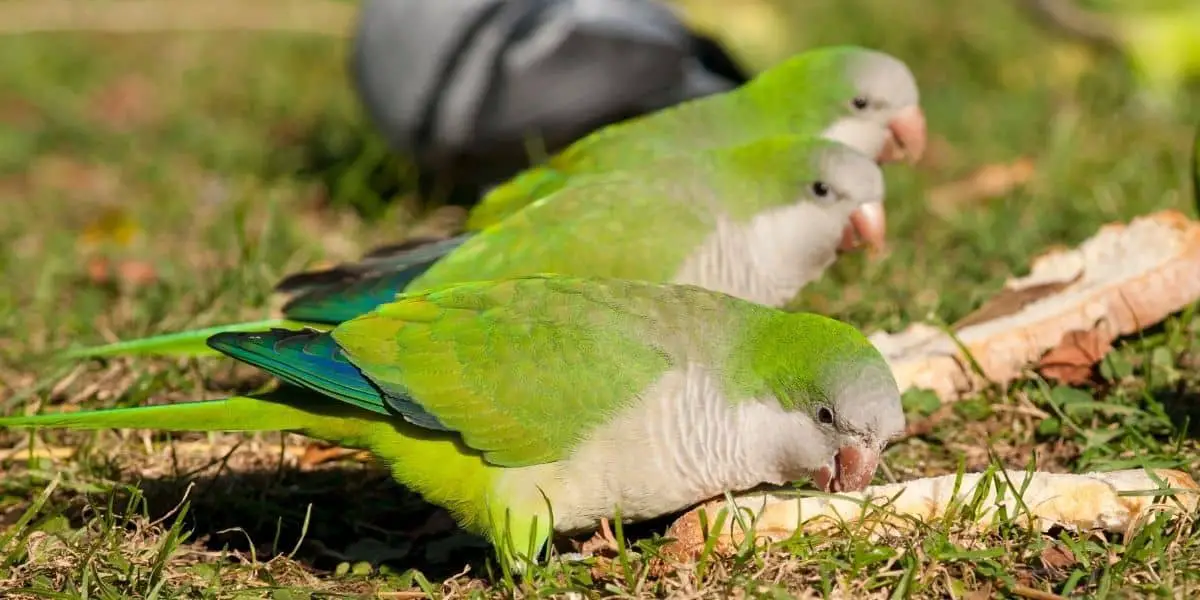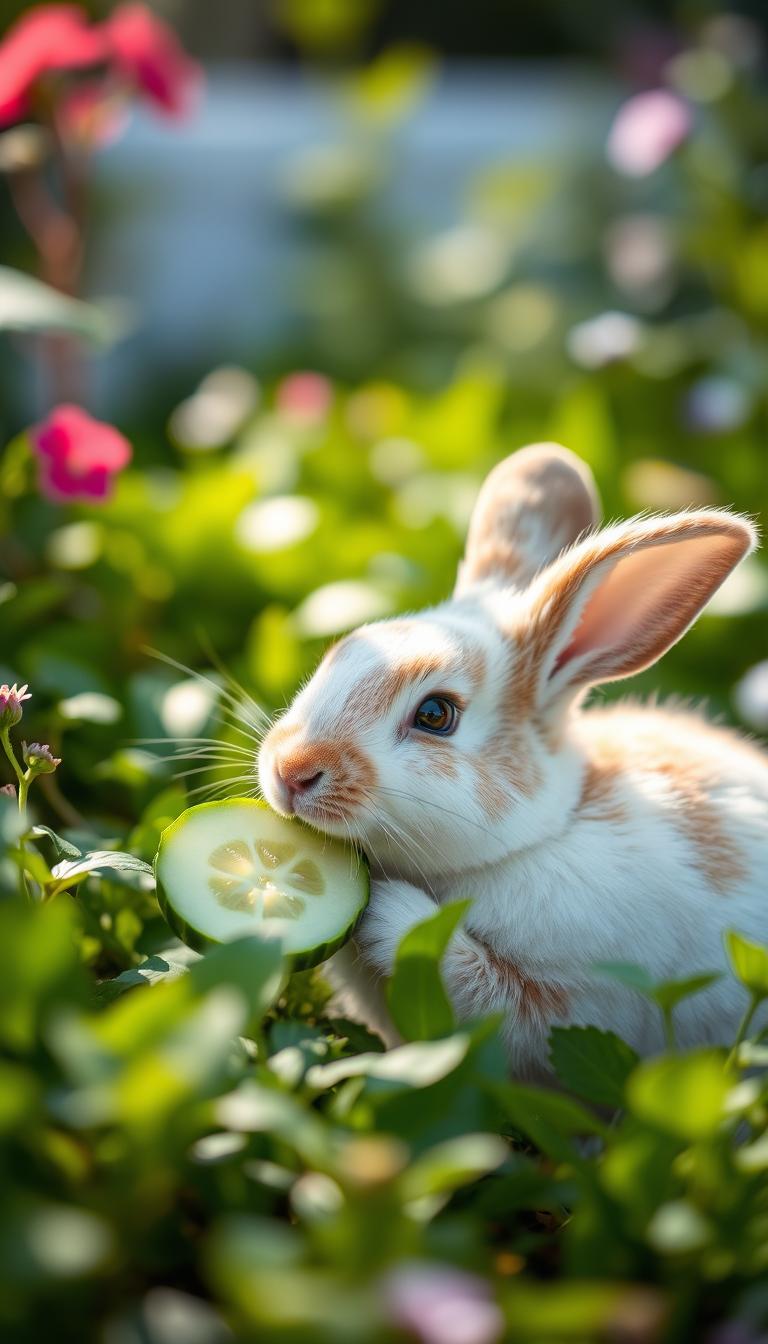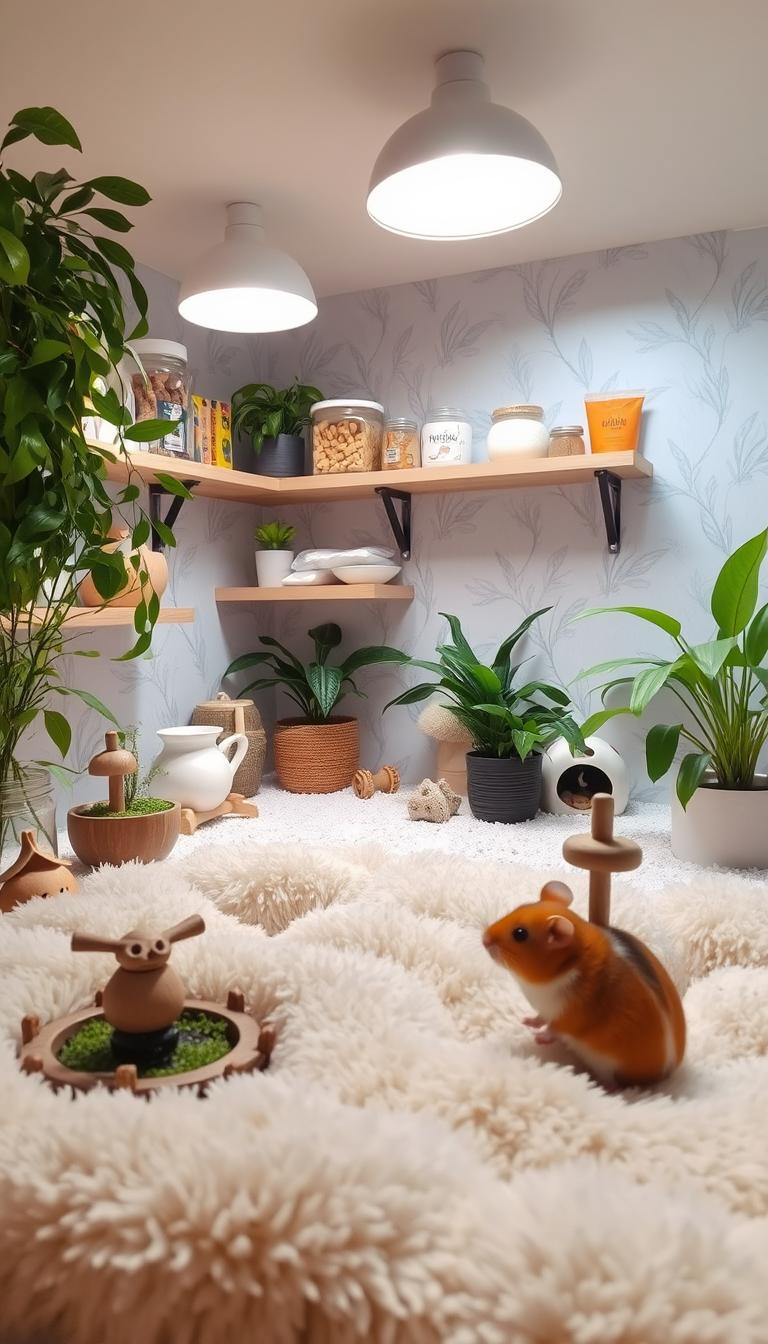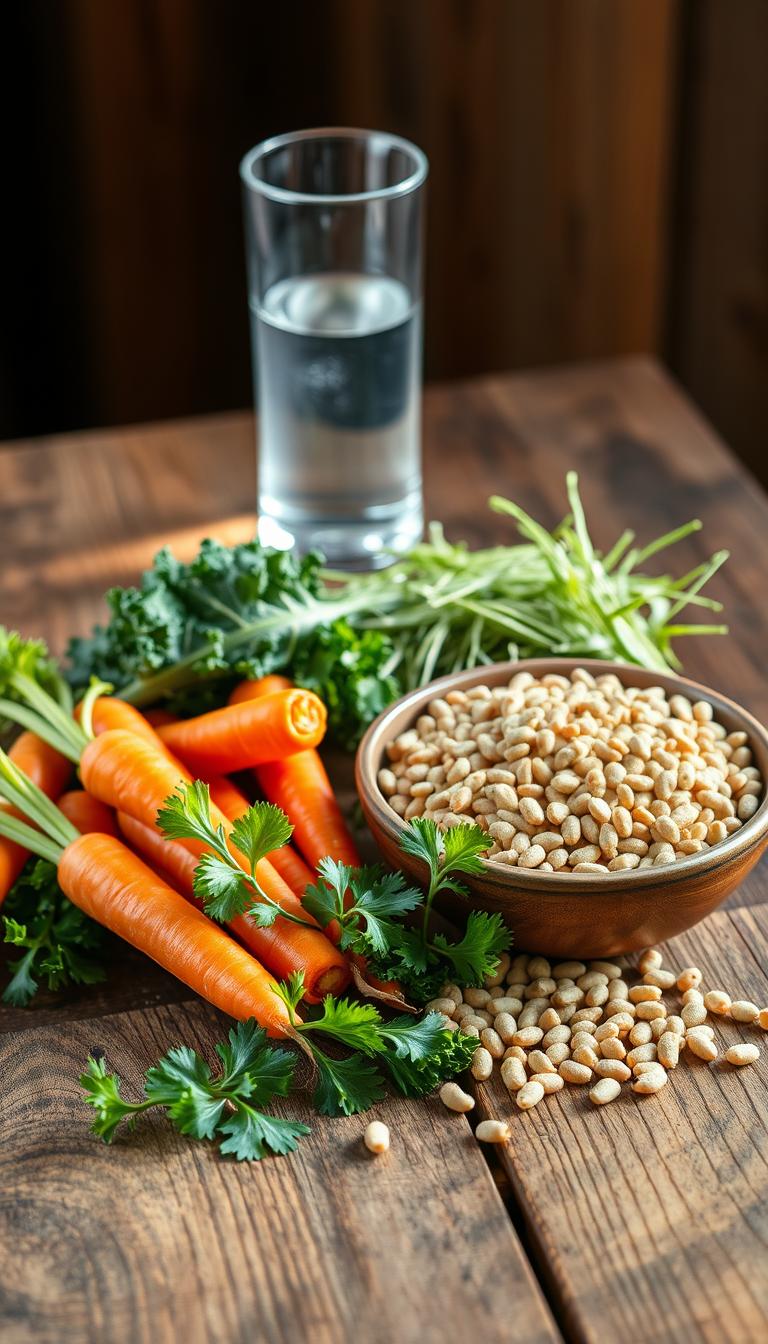Quaker parrots are energetic, beautiful, and interesting birds. Their fun personalities and ability to talk makes them a common choice for a house pet and companion. These colorful birds have a lot of intriguing qualities and characters.
To further your interest in quaker parrots, here are 11 interesting facts about this unique bird species.
Table of Contents
1. Quaker Parrots Have A Long Lifespan
Similar to many other parrot species, quaker parrots live long and happy lives in captivity. The average lifespan of quakers is typically between 20 – 30 years, however, some have been known to live even longer.
2. Quaker Parrots Are Excellent Talkers
While they may not understand human speech, these types of birds can mimic it extremely well. Quaker parrots speak very clearly and have the ability to repeat a large vocabulary of words. In fact, many people adopt this type of bird specifically for this ability.
3. As An Omnivore, This Species Requires A Varied Diet
Omnivores are animals that prefer a diet of plants and other animals. Quaker parrots in the wild typically eat a diet of fruits, leaves, seeds, and insects. A quaker parrot in captivity has a slightly different diet, however, it still needs a variety of different food groups to keep it healthy.
4. They Are Known By Several Different Names
While this species is mostly known as a quaker parrot, it also has a handful of other common names as well. You can find these birds referred to as quakers, quaker parakeets, monk parakeets, monk parrots, and monks for short.
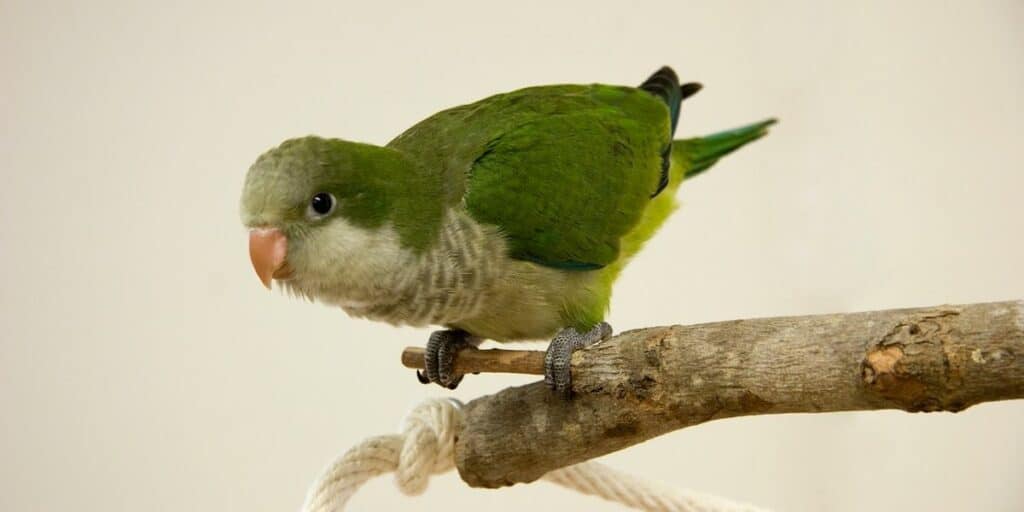
5. Quakers Are The Only Types Of Parrots That Build Nests
Most other parrots tend to nest in holes, rocks, and other structures, however, Quaker parrots are the only types of parrot to build a nest with sticks and twigs. Their nests can be quite large, holding space for multiple parrots and they even build rooms or chambers inside of them.
6. This Species Comes In A Variety Of Colors
While most quaker parrots are typically variations of green and grey coloring, thanks to rare genetic mutations discovered by breeders, they can now be found in a variety of other colors as well.
These rare mutations can change quaker feather colors to blue, yellow, white, and cinnamon. While you can find quaker parrots with these colors, the rarity does raise the price of these birds fairly high.
7. Quaker Parrots Are Relatively Small Birds
Quaker parrots only grow to about 12 inches in size, making them a relatively small companion compared to other birds. They do need a substantial amount of cage space and the ability to fly around outside of the enclosure, however, their size makes them easy to control in an indoor living environment.
8. Quaker Parrots Are Extremely Social Animals
Quaker parrots are social animals that prefer to stay in large flocks together in the wild. While it is okay to keep one quaker parrot by itself, they will look to you to fill that social need.
If you have the time for constant interaction with them, quakers are known to be very affectionate and bonded with their owners.
9. Many Places Prohibit Keeping Quaker Parrots As Pets
In many parts of the world, quaker parrots are known to be an invasive species. They thrive in the wild, especially in warmer locations. In areas with their preferred climates, it is illegal to keep quakers as pets, to prevent them from populating if they accidentally escape.
10. Females Can Lay Eggs Without A Male Present
While the eggs won’t be fertile without a male companion, during a quaker breeding season, the female will lay eggs entirely on her own. Female quaker parrots will even go to the extent of caring for the eggs until they realize that they are duds.
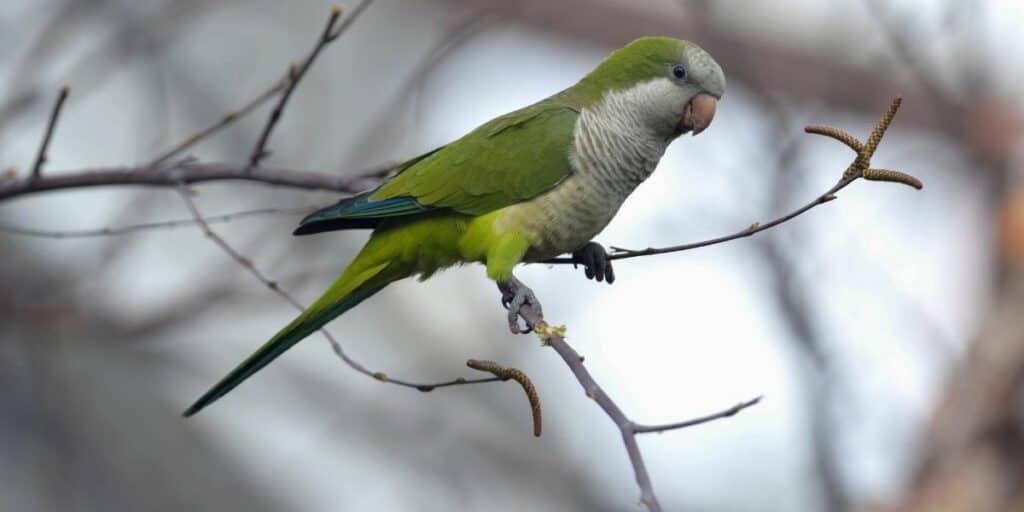
11. Quaker Parrots Can Be Territorial
Quakers are mostly known as friendly, loving companions, however, they can become territorial and aggressive towards anything they feel is a threat to their environment.
During the breeding season, these birds are often become on edge and are known to display these kinds of behavior more than usual.
Commonly Asked FAQs
1. Are Quaker Parrots Loud?
Quaker parrots are moderate in sound. They are mostly chirping and interacting throughout the day and don’t typically make loud screeching sounds like other birds.
Every bird will display its own sounds and behaviors though, so ultimately it depends on the bird.
2. What Is The Best Diet For A Quaker Parrot?
Since quaker parrots are omnivores, it is important to supply them with a variety of different foods. Seeds, pellets, fruits, and vegetables should be provided to them regularly.
To keep their beaks strong and healthy, it is recommended to give them a mineral block or cuttlebone to chew on. They will need access to fresh water at all times.
3. Are Quaker Parrots Good For Beginners?
Quaker parrots need a moderate amount of care and attention which makes them a great choice for beginners. They don’t tend to be as demanding as other birds, however, you will still need to spend a decent amount of time with them daily.
4. How Big Should A Quaker Parrot Enclosure Be?
Any bird needs a generous amount of cage space to live in comfortably. Length is usually more important than height when it comes to enclosures, so a proper cage should be about 18” high and 22” long.

